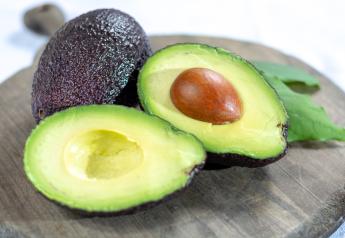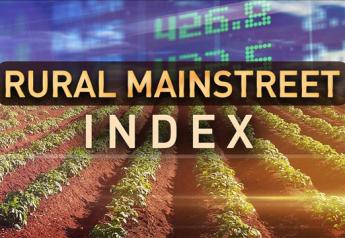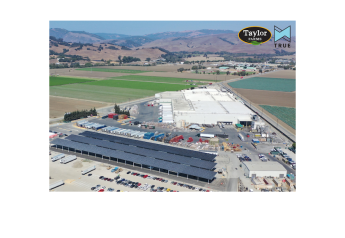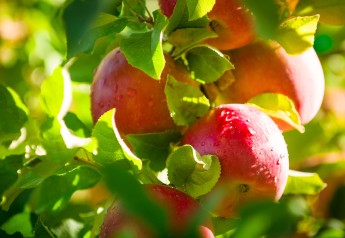Latest climate-smart ag investment brings USDA total over $3 billion
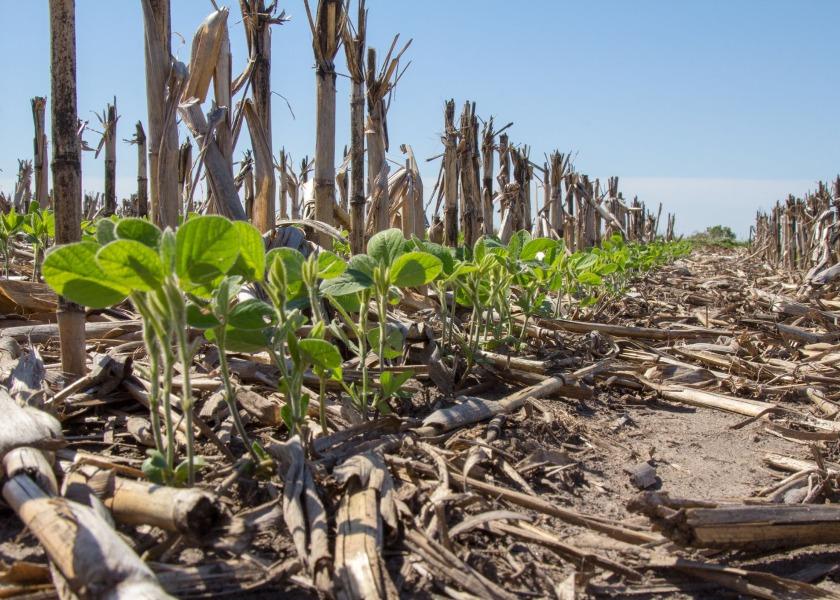
Agriculture Secretary Tom Vilsack took the stage at Lincoln University on Dec. 12 to share an early holiday gift for America’s farmers and ranchers — disbursement of $325 million in funding for the Partnerships for Climate-Smart Commodities program.
This second wave of funding brings the total investment in farmers to $3.1 billion.
“President Biden has challenged all of American agriculture and his Department of Agriculture to respond to this great [climate change] challenge and to listen to the market and consumers,” Vilsack said in a press conference. “It’s an expectation that we provide global leadership in the United States and embrace the challenge and the opportunity of climate change. And Biden has challenged us to work collaboratively together to reduce emissions connected to agriculture in half by 2030 and a net zero by 2050.”
The Partnerships for Climate-Smart Commodities program is focused on expanding markets for American farmers and ranchers who producer climate-smart commodities. The program also leverages greenhouse gas benefits of climate-smart production and seeks to provide meaningful benefits to the producers themselves.
Related: USDA announces $400M in funding available to create USDA regional food business centers
In September, USDA announced $2.8 billion for 70 projects from the first funding pool. The second round of grant awards are focused on smaller investments — from $250,000 up to $5 million — for smaller farming and ranching operations, with special consideration for investments in underserved producers as well as support for measurement and reporting activities developed at minority-serving institutions. In total, 141 projects were selected, according to the USDA.
Acknowledging that effects of climate change — such as extreme storms, drought and wildfire — have affected farmers, ranchers and producers across the U.S. in recent years, Vilsack focused on the idea that the voluntary, incentive-based climate-smart commodities program was the right approach to deal with the “amazing challenge” faced by American farmers and ranchers.
Goals for climate-smart commodities program
The vision of the program, according to Vilsack, is to incentivize both climate mitigation through farming and ranching practices, while also bolstering consumer marketing for shoppers seeking more information about how their food is produced, offering assurances “that you’re helping the environment and not hurting it” when purchasing climate-smart commodities.
“Expanding opportunities for small and underserved producers is a key goal of Partnerships for Climate-Smart Commodities. Small and underserved producers are facing the impacts of climate change head on, with limited resources, and have the most to gain from leveraging the growing market demand for agricultural goods produced in a sustainable, climate-smart way,” Vilsack said in a news release. “Our goal is to expand markets for climate-smart commodities and ensure that small and underserved producers reap the benefits of these market opportunities.”
Partnerships for Climate-Smart Commodities programs benefit from a diverse range of project partners, including more than 30 minority-serving institutions, more than 20 tribal partners, and many groups focused on working with small and underserved producers. Projects include support for activities that will:
-
Expand and increase producer access to markets for climate-smart commodities.
-
Provide financial and technical assistance to support climate-smart production practice implementation.
-
Include investments in quantifying and monitoring greenhouse gas benefits of climate-smart production practices.
-
Bring climate-smart commodities to new markets.
To maximize access to all types of entities, the Partnerships for Climate-Smart Commodities funding opportunity offered applicants flexibility in terms of match requirements, ample time for applicants to assemble applications, and certainty that grants were appropriately sized to meet the scale and needs of diverse applicants. A complete list of projects is available at usda.gov/climate-smart-commodities.




